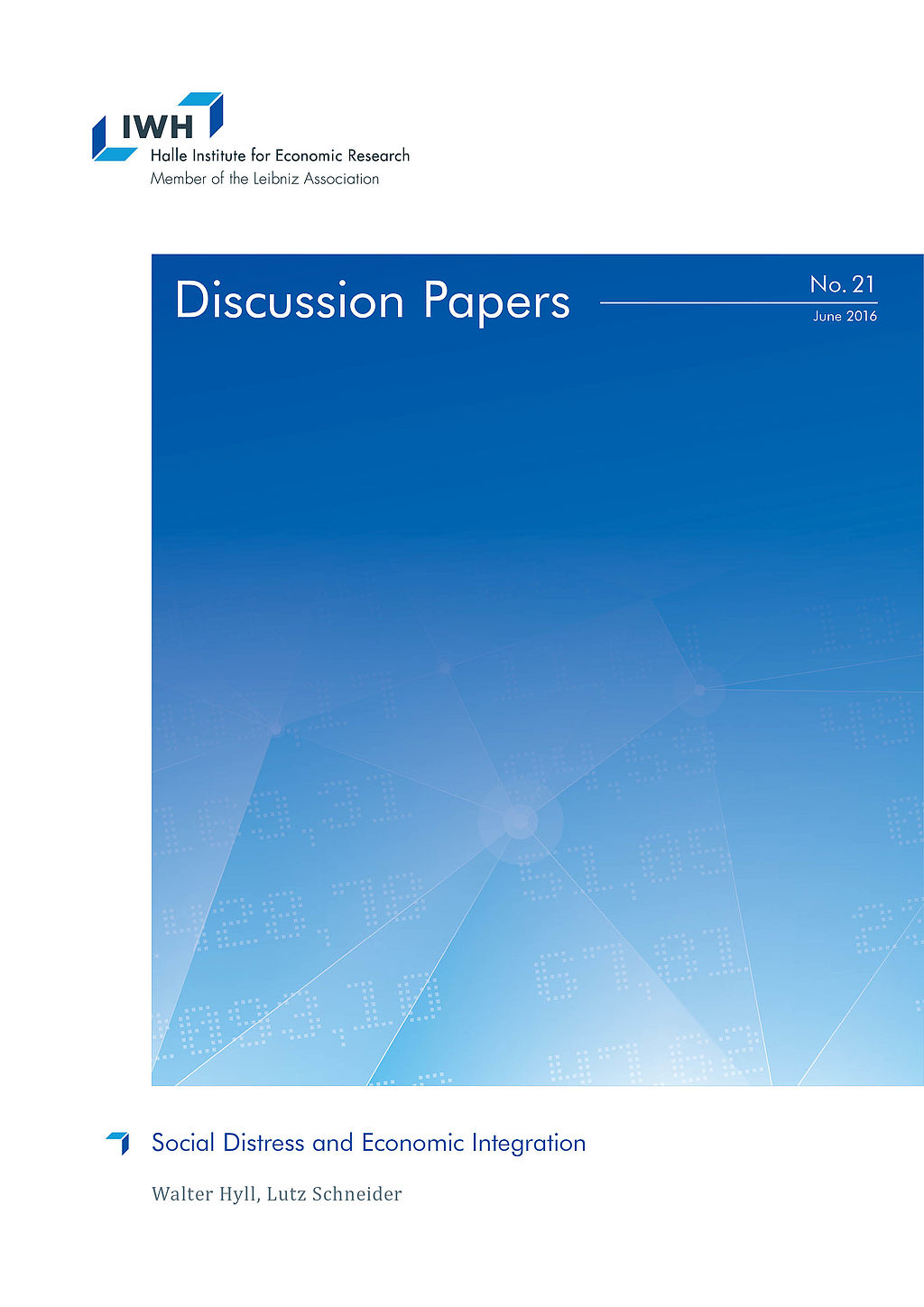
Keeping the Bubble Alive! The Effects of Urban Renewal and Demolition Subsidies in the East German Housing Market
German urban renewal programs are favoring the cities in the Eastern part since the re-unification in 1990. This was accompanied additionally by attractive tax incentives, designed as an accelerated declining balance method of depreciation for housing investments during the late 1990s. The accumulated needs for comfortable housing after 40 years of a disastrous housing policy of the GDR era were generally accepted as justification for the subvention policy. But various subsidies and tax incentives caused a construction boom, false allocations, and a price bubble in Eastern Germany. After recognizing that the expansion of housing supply was not in line with the demographic development and that high vacancy rates were jeopardizing housing companies and their financial backers, policy changed in 2001. Up to now, the government provides demolition grants to reduce the vast oversupply. By means of a real option approach, it is ex-plained how different available forms of subsidies and economic incentives for landlords lift real estate values. The option value representing growth expectations and opportunities is calculated as an observable market value less an estimated fundamental value. Empirical results disclose higher option premiums for cities in Eastern Germany and a strong correlation of the option premium with urban renewal spending.




